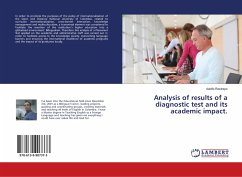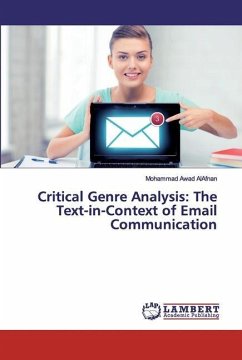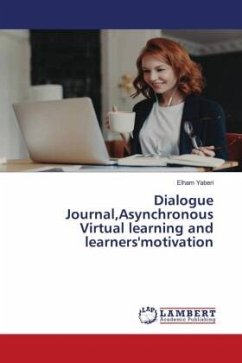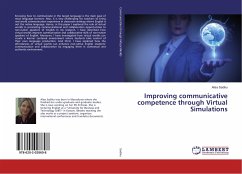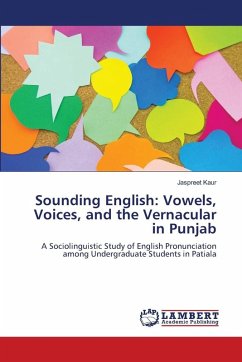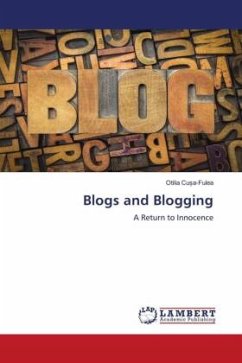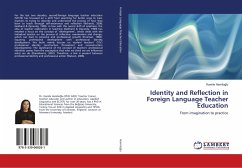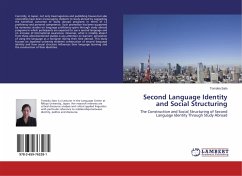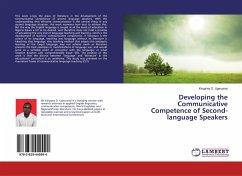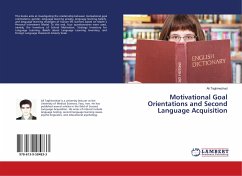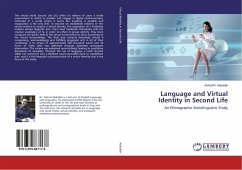
Language and Virtual Identity in Second Life
An Ethnographic Sociolinguistic Study
Versandkostenfrei!
Versandfertig in 6-10 Tagen
49,99 €
inkl. MwSt.

PAYBACK Punkte
25 °P sammeln!
The virtual world Second Life (SL) offers its millions of users a fertile environment in which to socialise and engage in digital communication, immersed in a world where it seems like anything is possible and imagination is the only limit. To become an established resident of this virtual world is to acquire a virtual identity. The acquisition of a SLidentity involves various linguistic acts. Users must familiarize themselves with the creative vocabulary of SL in order to reflect in-group identity. They must recognize the deictic field of the virtual environment to show awareness of the virtu...
The virtual world Second Life (SL) offers its millions of users a fertile environment in which to socialise and engage in digital communication, immersed in a world where it seems like anything is possible and imagination is the only limit. To become an established resident of this virtual world is to acquire a virtual identity. The acquisition of a SLidentity involves various linguistic acts. Users must familiarize themselves with the creative vocabulary of SL in order to reflect in-group identity. They must recognize the deictic field of the virtual environment to show awareness of the virtual surroundings. The final step towards becoming 'virtual' is recognizing, acknowledging and fulfilling pragmatic acts in all of their complexity. A SL corpus of approximately 200 thousand words and 24 hours of video data was gathered through systematic participant observation. The corpus was examined quantitatively, leading to qualitative discussions of examples. Through the use of languagea noob (Crystal, 2004) can transform into a Resident (www.secondlife.com) or established user, and it is this linguistic (co)construction of a virtual identity that is the focus of this study.



